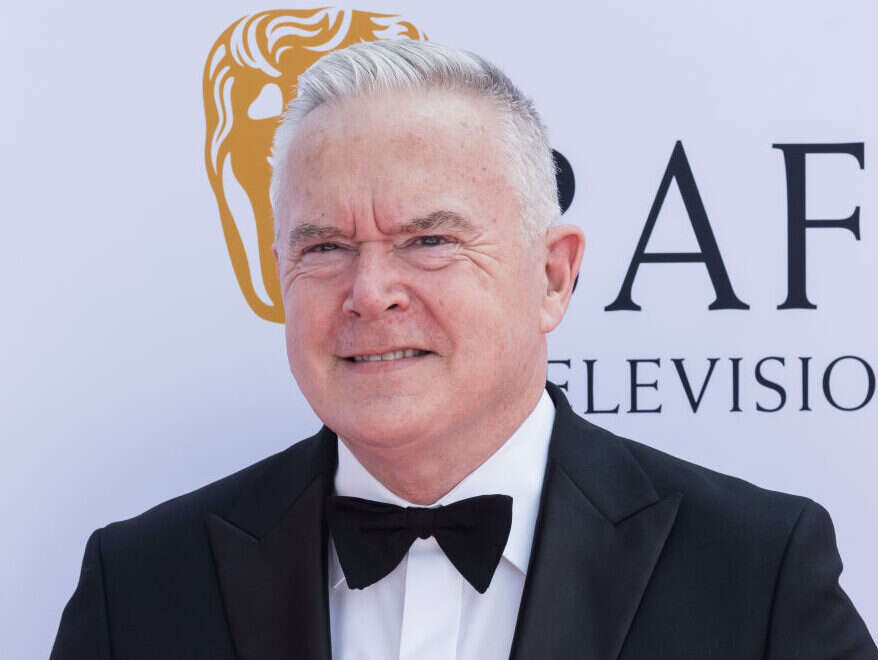
The BBC has defended the amount of coverage it gave to allegations against news presenter Huw Edwards, calling it “proportionate”.
The Sun broke the news of allegations relating to payments by a then-unnamed BBC presenter for “sordid images” on Friday 7 July.
On the following Wednesday, Edwards was named by his wife Vicky Flint as the BBC presenter involved after being hospitalised amid a serious mental health episode.
Throughout, the BBC’s coverage of the scandal was under close scrutiny. On more than one night it led the BBC News at Ten TV bulletin.
The BBC also itself broke the news of further claims relating to messages sent by Edwards that allegedly made the recipients feel uncomfortable and threatened.
The BBC has now responded publicly to complaints it received that it got the balance wrong by giving the story too much coverage.
It said: “We believe our coverage of this story was proportionate, reflecting the significance of the issues raised. However, we realise not everyone will agree with the stories we cover and the prominence we give them.”
BBC explains why Huw Edwards coverage was proportionate
Explaining its reasoning, the statement said The Sun‘s story “raised serious questions about the conduct of a well-known BBC presenter as well as the BBC’s initial handling of the complaint made by the family of the young person involved; subsequently the BBC suspended the presenter and the Metropolitan Police made enquiries into the case.
“BBC News reports on the BBC independently and impartially in the same way as we would with any other organisation.
“We scrutinised and investigated all aspects of the story, including other allegations against the presenter, the journalistic merit of the Sun’s decision to publish, privacy law in the social media age and the reputational implications for the BBC.”
It further said that “legal and privacy considerations” stopped it from naming Edwards until his family had done so, and said it had explained this requirement to the audience throughout.
“We were careful to report with sensitivity, mindful of the public interest as well as the privacy and welfare of all those affected. It was important for us to keep our audience updated with developments, which included statements from the Metropolitan and South Wales police saying they had found no evidence that a criminal offence had been committed.”
The statement was posted on the page where the BBC publishes its responses to “significant complaints of wide audience concern”. Complaints addressed in this way do not tend to progress to full investigations by the BBC’s executive complaints unit.
A separate statement addressed complaints about people concerned with how the BBC had handled the initial allegations about Edwards that it received in May, before the parents involved went to The Sun.
It said: “We take all complaints and allegations extremely seriously and the events of recent weeks have shown how important it is to handle cases with the utmost diligence and care.
“The BBC is conducting an investigation in relation to these matters. This work will follow due process and our aim is to navigate through this with care and consideration, in line with the BBC Values.”
Last week the BBC’s acting chairwoman Dame Elan Closs Stephens told the Lords Communications and Digital Committee that although there was “huge pressure” to name Edwards they “had a duty to act with some calm and rationality in the face of lack of rationality and lack of calm”.
A fact-finding investigation into the allegations against Edwards could take months to report back, director-general Tim Davie added.
A separate review of the BBC’s process for looking at non-editorial complaints will begin this month and be completed by late autumn.
Email pged@pressgazette.co.uk to point out mistakes, provide story tips or send in a letter for publication on our "Letters Page" blog
